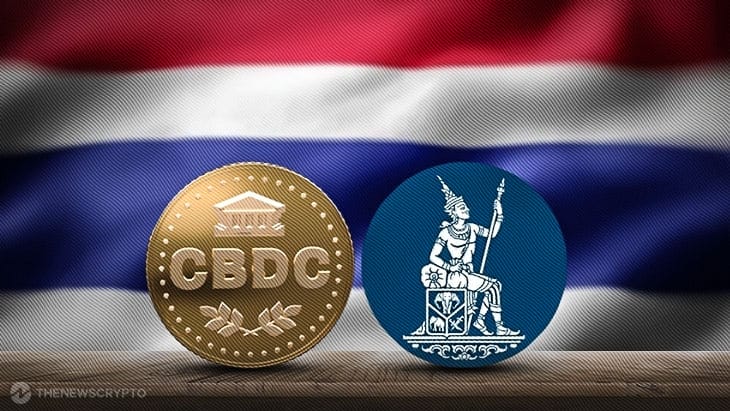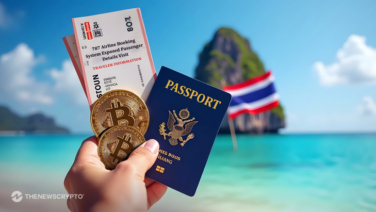- Up to 10,000 participants will be a part of this August-long experiment.
- Up to 2,000 Krungsri employees and 100 local business owners will be enlisted to help.
This month, under a regulatory sandbox, the Bank of Thailand will start a pilot project to test a central bank digital currency (CBDC) for use in retail transactions. Local media have reported that three payment processors would take part. Up to 10,000 participants will be a part of this August-long experiment.
The initiative will include collaboration between the Bank of Ayudhya (Krungsri), the Siam Commercial Bank, and the Singaporean payments service provider 2C2P. Each of those businesses has released an app to a limited user base. And it functions as a wallet and a QR code reader.
Pilot to Learn Initiative
Up to 2,000 Krungsri employees and 100 local business owners will be enlisted to help in the initiative. It plans to extend the initiative to its Ploenchit outpost as well. Employees and nearby businesses will take part in the trial program at Siam Commercial Bank, which will mirror Krungsri’s model.
The pilot program was supposed to begin airing in 2022 when it was first announced in August. The Bank of Thailand is treating the initiative more like a “pilot to learn” than a “pilot launch.” There are currently no formal intentions for the central bank to establish a CBDC.
In 2018, the Bank of Thailand said that it will begin work on a wholesale CBDC. It collaborated with the Hong Kong Monetary Authority (HKMA) on the initiative Inthanon-Lion Rock. And the mBridge cross-border payment initiative run by the Bank for International Settlements.
In March, the government of that nation decided to exclude enterprises that issue investment tokens from paying corporate income tax and value-added tax. A spokesperson for the Thai government said the country stands to lose around $1 billion in income over the next two years, but that it anticipates generating $3.7 billion through investment tokens.








